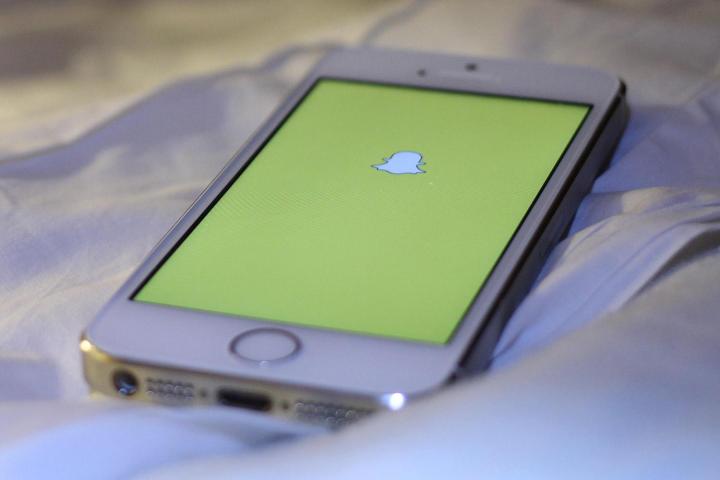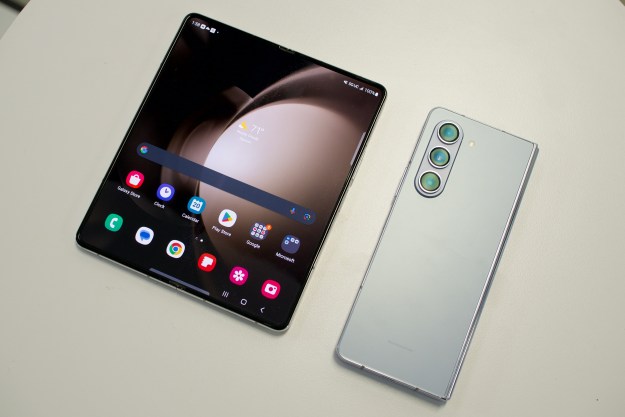
In a recent earnings calls, Vodafone CEO Vittorio Colao attested that “if you take all the messaging apps, so Facebook, WhatsApp, whatever, Google, whatever, 75 percent of the traffic today is Snapchat.”
In late January, Snapchat debuted its Discover tab, a collection of media partners delivering curated video content. In March, barely over a month after its release, the average weekly data consumption of Snapchat users in the U.K. quadrupled from roughly 100 MB/s to 400 MB/s. In the U.K., 14 percent of all mobile Internet users are active Snapchat users, tied with the United States and Ireland.
Snapchat does not give you the option to perform certain actions only through either Wi-Fi or cellular data, lumping all uploading and streaming into whatever data connection mobile users have. In February, users complained that the app consumes copious amounts of data when it’s not in use. But, a recent search of Snapchat’s data usage on a Samsung Galaxy phone reveals relatively normal consumption rates of background data.
Snapchat’s video dominance in the U.K. falls in line with trends other carriers are seeing. Speaking at the National Association of Broadcasters conference back in 2013, Verizon CEO Lowell McAdam stated that video accounted for 50 percent of the carrier’s mobile data. By 2017, McAdams predicted video will be 66 percent of all mobile data traffic for Verizon.
Before you start saving your money for when/if Snapchat goes public, Snapchat does face some other strange threats in the United Kingdom. In January, Prime Minister David Cameron announced he plans to introduce a “snoopers’ charter” that will give the government better surveillance of Internet communications if he is re-elected. As part of this new charter, Cameron would ban apps that encrypt user data such as Snapchat. Cameron was re-elected on May 8.
Snapchat has no intentions of slowing down its data feeding. The company recently introduced advertisers to Two Pennies, an ad program in which advertisers are charged two cents per view on 10-second videos placed in Discover. With Spotify debuting a new video platform that resembles Snapchat’s Discover tab, you may need to rethink the data cap on your next cell phone bill.

